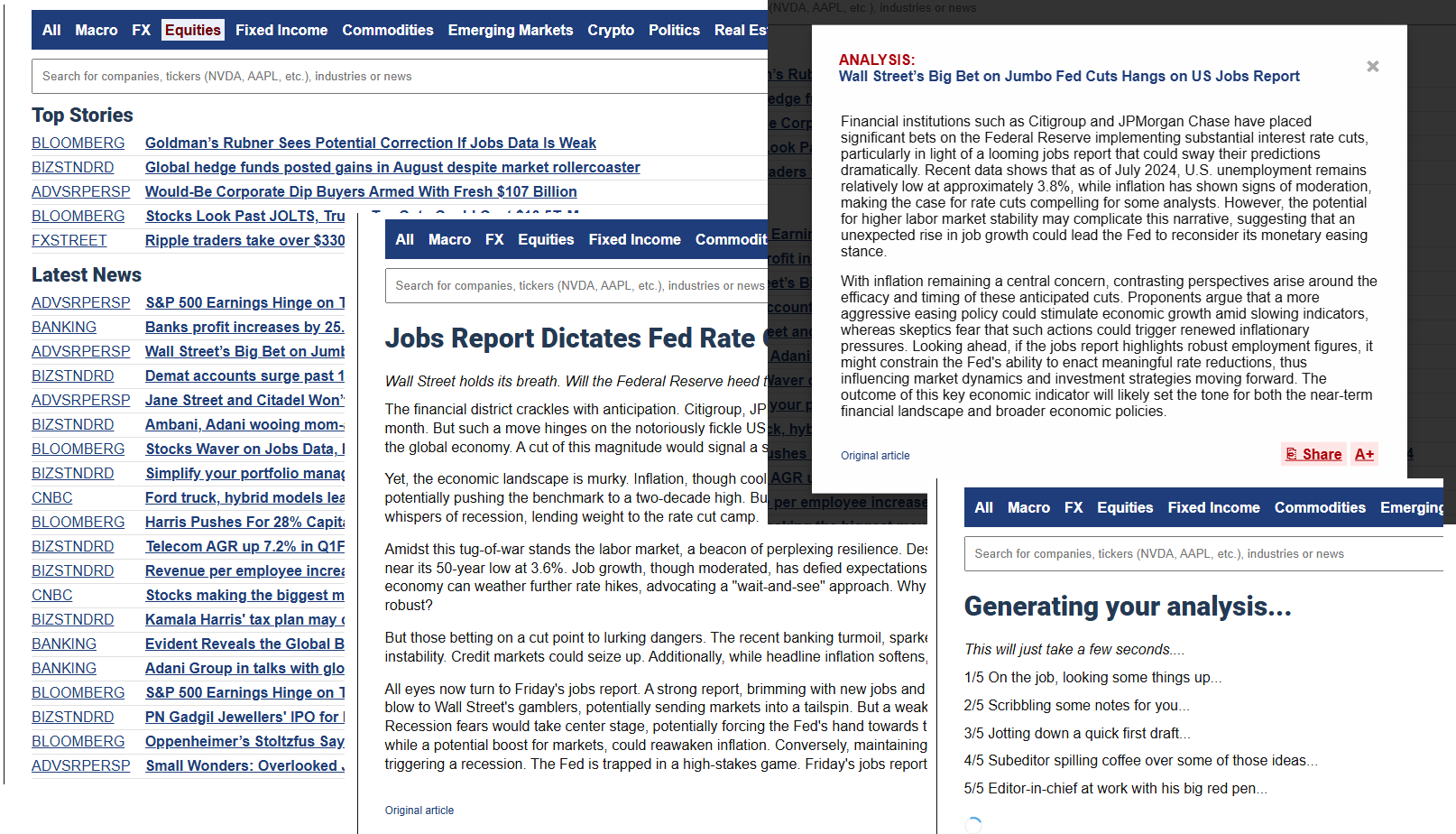Adobe Stock Falls AI Projections Disappoint Analysts
Adobe’s recent financial performance highlights a volatile tech sector. Despite beating Wall Street expectations for Q3 earnings, Adobe's stock plummeted due to a subdued AI growth forecast. This incident exposes the tension between groundbreaking technology and investors' need for swift returns.
High expectations around AI innovations primarily drove Adobe's stock decline. Investors, excited by Adobe's announcements of AI features in Photoshop and Illustrator, anticipated immediate gains. However, despite these advancements, stakeholders reacted negatively to the slower-than-expected ROI, causing the stock to fall.
In contrast, other tech companies like Uber have aligned investor expectations with practical AI implementations. Uber has significantly advanced by collaborating with Waymo to expand autonomous ride-hailing services to new cities, including Austin and Atlanta. This tangible AI progress has positively influenced market perceptions and investor optimism.
Similarly, Nvidia and Oracle thrive by delivering clear, immediate benefits through their AI technologies. Nvidia, in particular, has excelled in monetizing AI and machine learning, resulting in sustained bullish trends in the stock market. With the Nasdaq reaching new heights, Nvidia exemplifies market preference for immediately valuable technologies over speculative prospects.
Adobe's predicament illustrates a critical challenge for tech companies. Innovations must translate into quick, measurable business value to satisfy investor demands. This scenario underscores a broader discussion about the tech sector's future and evolving investor expectations.
Adobe needs to align its strategic goals with market demands to regain investor trust. Clear communication on the immediate benefits of its AI tools and a detailed monetization plan could restore stakeholder confidence.
Adobe’s situation has wider implications for the tech industry. Varying responses to AI initiatives may shift investor strategies towards favoring immediate returns over long-term potential.
Moreover, Adobe’s scenario raises questions about the sustainability and scalability of AI projects. As companies strive for financial gains using AI, the emphasis on demonstrating quick, tangible benefits will shape the competitive landscape. Successful companies in showing short-term value will lead, creating a highly competitive environment.
Ultimately, Adobe's recent stock performance, compared to other tech giants, highlights the balance between innovative advancements and market realities. The pressure to deliver quick returns from cutting-edge technologies will likely influence the tech sector’s direction in the near future.
Going forward, the tech industry's ability to reconcile visionary innovations with pragmatic, investor-friendly outcomes will be essential. Adobe’s journey stresses the need for tech companies to deliver clear, actionable, and immediate value to stay competitive and secure investor favor. The evolving investment landscape will require technology firms to balance future innovation with present-day pragmatism.
AI-Powered trading insights: join our email list
Real-Time Market Analysis
Get instant insights on market trends, news impact, and trading opportunities.

